For obvious reasons, stocks in ex-editors of The Spectator are experiencing an all-time low. But my own complaint is with Nigel Lawson. Lawson may say it’s hardly his fault that his remark ‘The NHS is the closest thing the English people have to a religion’ has been appropriated ever since by anyone who thinks it’s a clinching argument for privatisation. Actually, it’s the opposite — a clinching argument for the present arrangements. I’ve had to make a lot of visits to hospitals in the past year, far more often than I’ve been to the theatre or the cinema. By force, I’ve seen a great deal of the NHS at first hand. My conclusion is that if I were to follow a religion, the NHS would be top of my list. After undergoing two quite difficult operations, I’ve found the NHS to be humane, efficient, warm-hearted, egalitarian and wise. I’m not sure I could say the same of many religions. No, of course, it won’t save my soul. But throughout history, there have been saints who, when push came to shove, have been willing to put the body first.
Almost as annoying as Lawson’s aphorism is the current dismissive wisdom that Amanda Pritchard, the new chief executive officer of the NHS, will be a better manager than Simon Stevens, and that Stevens was just ‘good at politics’. Since the Times has said this many days in a row, they must be hoping that repetition will make it true. In fact, not only was Stevens, by the anecdotal evidence of his colleagues, an excellent manager, I also can’t see why being ‘good at politics’ is, in this context, derogatory. It’s certainly not a phrase that can be convincingly used about any current member of the cabinet. The government would be ten times stronger if it fitted at least one. Stevens had to advance a complex public service while dealing with the backwash from Andrew Lansley and the reality of Matt Hancock. If he was indeed ‘good at politics’, then thank the Lord. His talent for politics saved lives.
I’ve avoided books about Donald Trump, because narcissists aren’t interesting. Even Hitler loved his dog Blondi, at least before trying her out on his suicide pill. But who does Trump love? Truly? However, I did read Michael Wolff’s latest book Landslide, which is hilarious. Advisers reel out of the Oval Office holding their heads after yet another of Trump’s incoherent, insufferable monologues, arbitrarily directed — say, at the hair colour of the captain of the US women’s football team. The wriggliest character is Jared Kushner, who has taken to claiming that things would have been far worse if he hadn’t been in the room as a restraining influence. The last person to adopt this line of defence was Nick Clegg, who always said his Liberal presence in a coalition held David Cameron’s Conservative government back from being even more anti-poor. The tactic never paid off for Nick, and I don’t see it working better for Jared.
Fleet Street rarely fights for anyone’s freedom but its own. If you really care about free speech, then Priti Patel’s Police, Crime, Sentencing and Courts Bill, with its crude attacks on the right to protest, is an outrage which should be the unqualified priority of all free speech warriors. Why isn’t it? The proper test of whether you really care about free speech is to ask if you are happy to extend it to people you don’t like. Margaret Thatcher, to her credit, offered state protection to Salman Rushdie under fatwah, even though a lot of her fans disapproved of him. But today I see very few people fighting for Julian Assange, presumably on the grounds that because he’s difficult to love, it’s all right to let him rot. Even worse is the abandonment of the principled ex-diplomat Craig Murray, who has been sent to prison for eight months on a flimsy charge of jigsaw identification in his reporting of the Alex Salmond trial. I admire Murray tremendously, but I can’t understand why he remains a fervent Scottish nationalist when it’s Scottish justice which has so clearly done him wrong.
People keep congratulating me on my courage in publishing a book, We Travelled, which is half poetry, as though that were a dangerous thing to do. When did poets acquire their epically jealous reputation? It’s sad. I’ve always known playwrights to be extremely generous. Those of us who’ve done it for many years appreciate each other by now, because we know what the going’s been like. But we also, I hope, try to welcome newcomers, encourage them, and, at least during Covid, subsidise them. Every day, I hear of random acts of kindness among old and young dramatists. But not among poets.
Got something to add? Join the discussion and comment below.
Get 10 issues for just $10
Subscribe to The Spectator Australia today for the next 10 magazine issues, plus full online access, for just $10.
You might disagree with half of it, but you’ll enjoy reading all of it. Try your first month for free, then just $2 a week for the remainder of your first year.

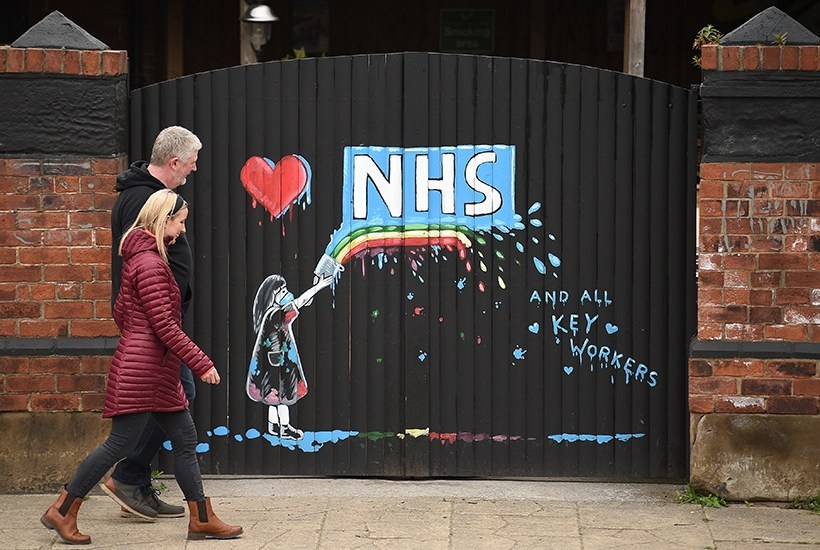
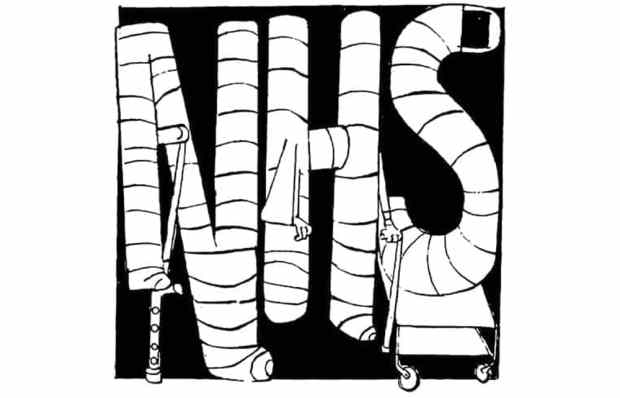
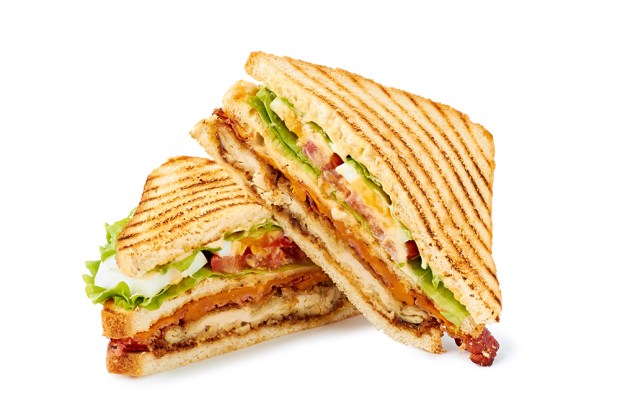
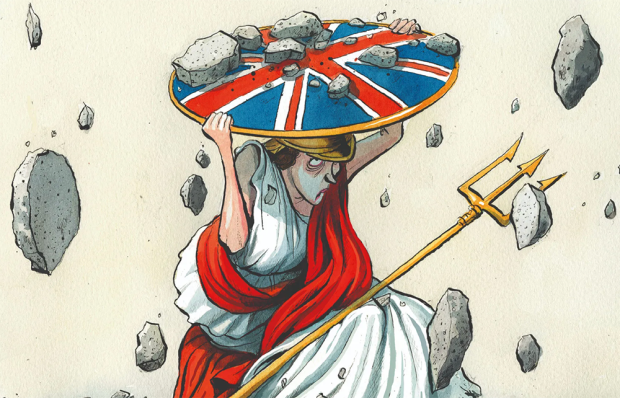
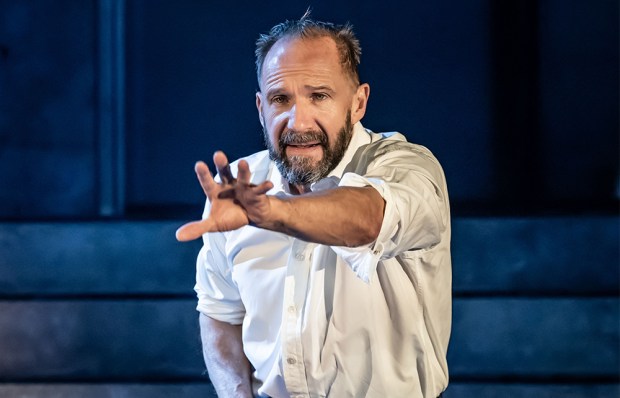
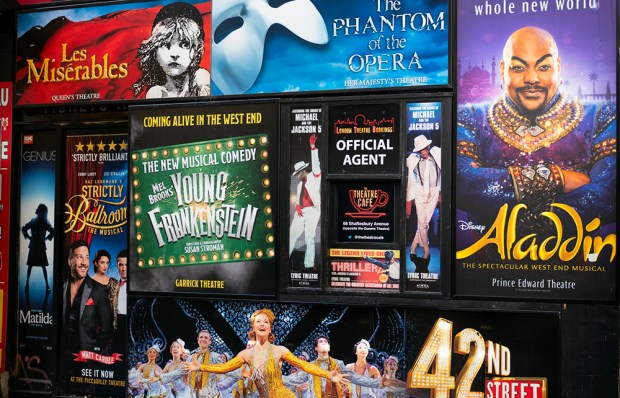
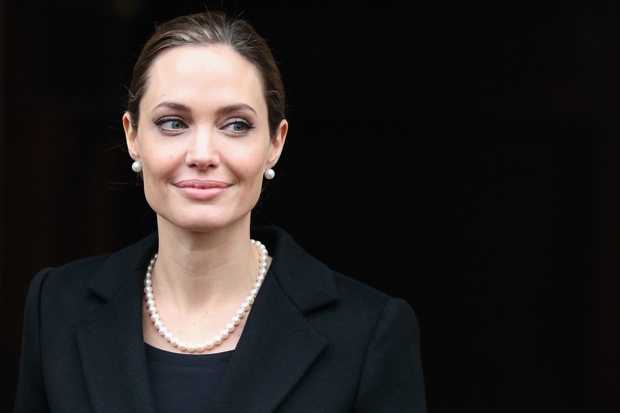






Comments
Don't miss out
Join the conversation with other Spectator Australia readers. Subscribe to leave a comment.
SUBSCRIBEAlready a subscriber? Log in